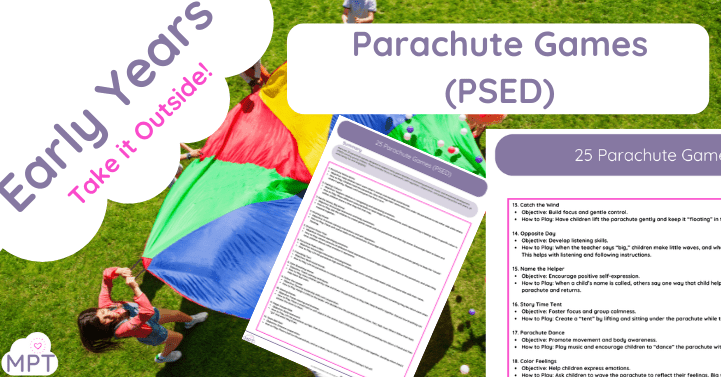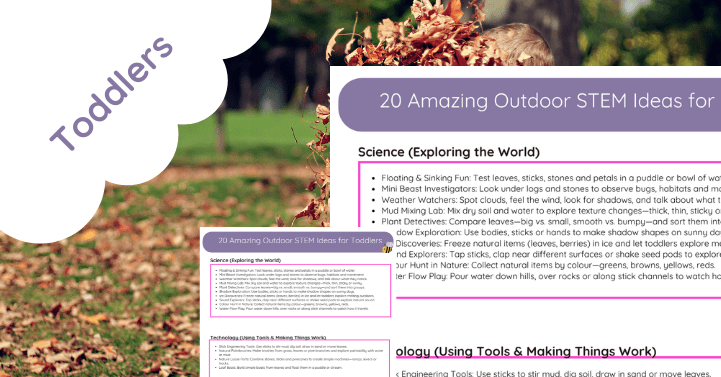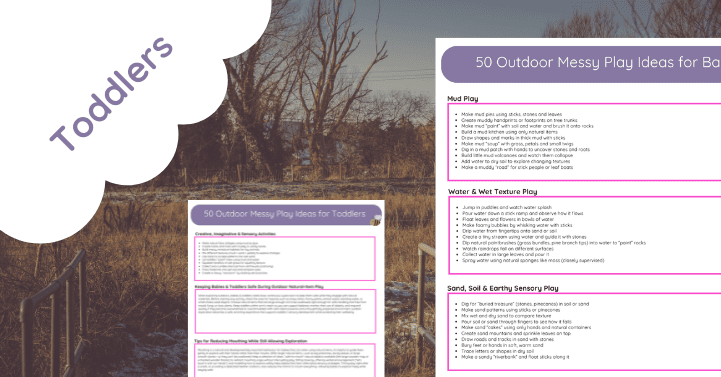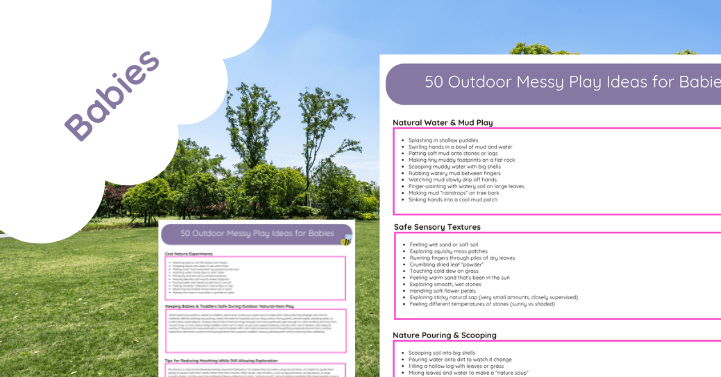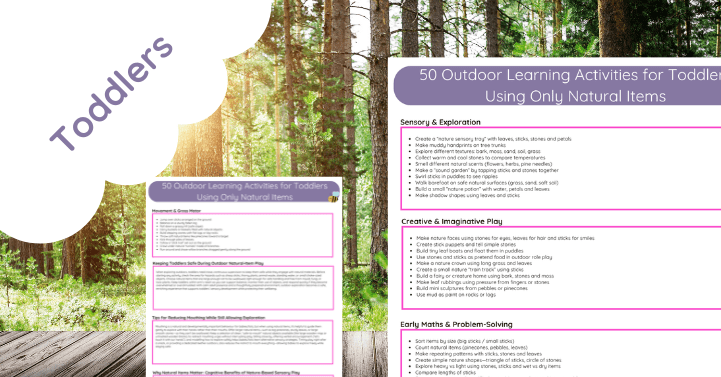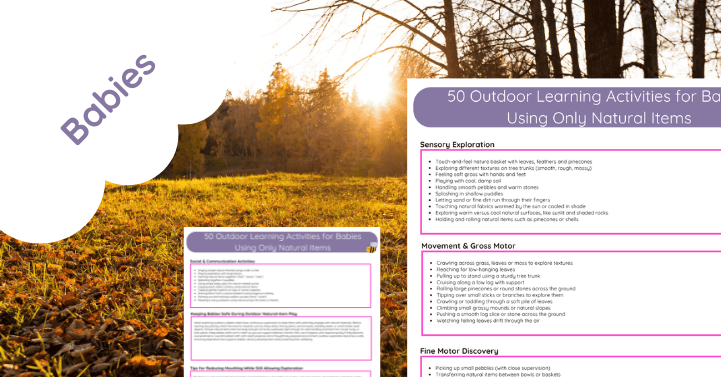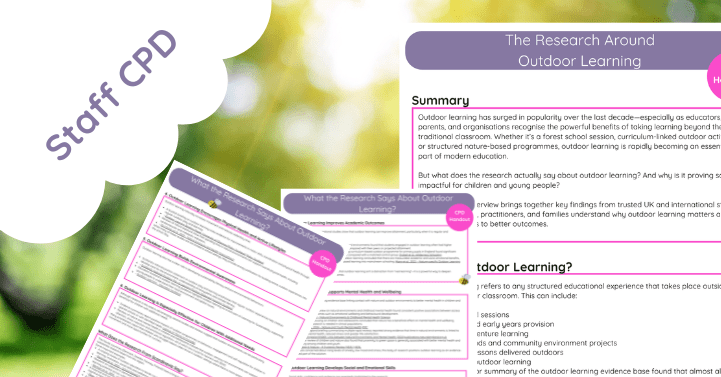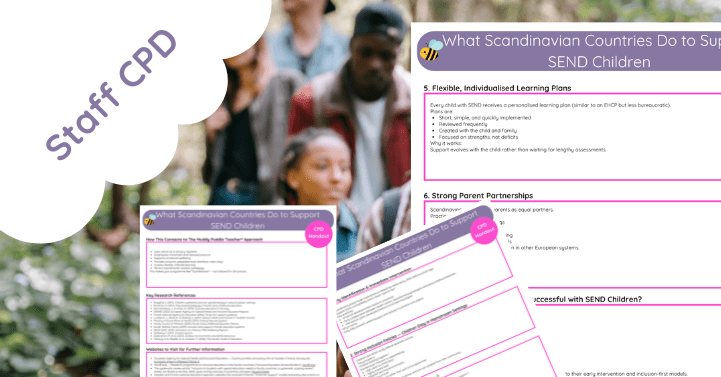25 Parachute Games (PSED) Idea Pack
Unlock the power of play with our “25 Parachute Games for Personal, Social, and Emotional Development (PSED)” idea pack! Specifically designed for early years educators, this set of 25 innovative and engaging parachute activities is the ultimate resource for building essential skills in young learners. Each game is crafted to support social bonding, emotional awareness, cooperation, and self-regulation in a fun, interactive way that keeps children active and engaged.
Key Features:
- PSED Focused: Every game promotes personal, social, and emotional development, ideal for creating a supportive and positive learning environment.
- Easy to Implement: Clear instructions make these games easy to set up and play, even with large groups.
- Variety & Adaptability: The pack includes various games, from calming breathing exercises to energetic teamwork challenges, ensuring there’s something for every mood and energy level.
- Builds Confidence & Communication: Activities encourage children to express themselves, build confidence, learn empathy, and strengthen friendships.
- Perfect for Any Setting: Great for classrooms, outdoor spaces, or playtime with parents and caregivers.
Sample Games:
- Parachute Peek-a-Boo: A fun icebreaker that helps children learn each other’s names and builds social connections.
- Emotion Faces Toss: Encourages children to recognize and discuss emotions using interactive play.
- Rainbow Wishes: Promotes positive thinking as children share their hopes and dreams in a safe and encouraging environment.
Give children the opportunity to grow, connect, and learn through movement and play. The “25 Parachute Games for PSED” pack is the perfect addition to any early childhood educator’s toolkit. Make every playtime a chance for meaningful growth!
The Importance and Benefits of Parachute Games for Early Years Children
Parachute games are not only a source of joy and excitement for young children but also a powerful educational tool that supports various aspects of their development. These activities engage children in ways that nurture their physical, social, and emotional growth, making parachute games a staple in early childhood education. Below, we’ll explore the many benefits of parachute games and share links to expert resources and practical ideas.
Why Are Parachute Games Important in Early Years?
Parachute games are beneficial because they naturally incorporate movement, collaboration, and creativity. Here are some of the main reasons these games are invaluable for early years education:
- Encourage Teamwork and Cooperation
Parachute games require children to work together, follow instructions, and move in sync with others. This builds their ability to cooperate and understand the importance of teamwork. Collaborative games also help children develop empathy as they learn to take turns and celebrate each other’s successes. - Support Physical Development
Parachute activities engage children’s gross motor skills, such as lifting, running, and jumping. These movements build strength, coordination, and balance. Parachute play is particularly effective at helping young children develop body awareness and spatial understanding. - Enhance Communication Skills
Many parachute games require children to communicate with each other and with their teacher or facilitator. Children learn to listen, express themselves clearly, and understand non-verbal cues through these games. Communication is a key skill for early development and parachute games create an excellent foundation for these abilities. - Promote Social and Emotional Development
Parachute games provide a safe space for children to experience a range of emotions, from excitement to anticipation, while learning how to manage them. These games foster self-regulation, patience, and positive social interactions. - Stimulate Creativity and Imagination
Parachute games are open-ended, allowing for a variety of imaginative play scenarios. Children can pretend to be animals under the parachute, go on a “magic carpet ride,” or explore new worlds together. These activities ignite children’s creativity, helping them to develop critical thinking and problem-solving skills.
Benefits of Parachute Games for Early Years Development
Here’s a closer look at some specific benefits that parachute games bring to early childhood development:
- Improved Motor Skills and Physical Health
Engaging in physical play is essential for young children, and parachute games provide a fun way to exercise. By lifting, lowering, and shaking the parachute, children strengthen their muscles and improve coordination. - Strengthening Group Identity and Belonging
Parachute games often involve group activities where children depend on each other to keep the game going. This helps foster a sense of community, making children feel like valued members of the group. - Enhanced Self-Regulation and Patience
Parachute play encourages children to follow instructions, wait for their turn, and regulate their emotions in an active setting. It’s a playful way to teach children self-discipline, patience, and impulse control. - Development of Spatial Awareness and Safety
Parachute games encourage children to move within a defined space, which helps them develop spatial awareness. Children learn concepts like “up,” “down,” “in,” and “out” and become more aware of their bodies in relation to others. - Fostering Resilience and Confidence
Taking part in group games boosts children’s self-confidence and resilience as they learn to engage in social activities, succeed through teamwork, and face challenges. - Sensory Stimulation
Parachute games provide a rich sensory experience as children engage in the visual, tactile, and auditory elements of the activity. This type of sensory play is crucial for young children’s neurological development. - Encouragement of Creative Thinking
Parachute games provide ample opportunities for imaginative play. Creative parachute activities encourage children to think outside the box and devise new ways to play.
Creative Parachute Game Ideas
Parachute games can be modified to fit any theme or learning goal, allowing educators to align them with classroom lessons. Here are a few popular parachute game ideas and resources to get started:
- Parachute Popcorn
Place small, lightweight balls or beanbags on the parachute. Have the children shake the parachute to make the “popcorn” bounce. This game enhances teamwork and motor control. - The Mushroom
Children lift the parachute high over their heads and quickly bring it down to trap the air, creating a mushroom shape. This game is great for teaching children to follow instructions and move together. - Treasure Hunt
Place small objects under the parachute, and let the children find the “treasure” by lifting the parachute together. This fosters a sense of adventure and cooperative play. - Rainbow Wave
Children create different “waves” by moving the parachute up and down, simulating a gentle breeze or a strong wave. It’s a great way to engage children in imaginative storytelling.


